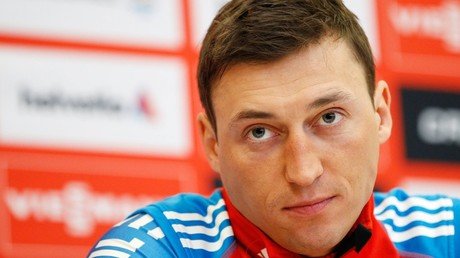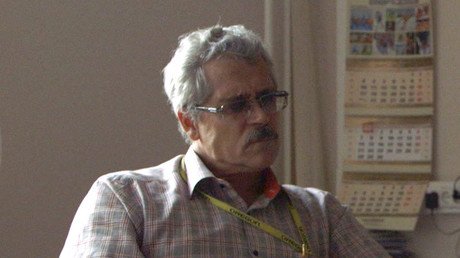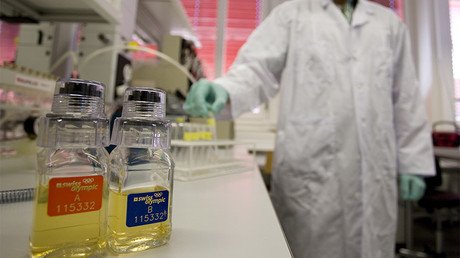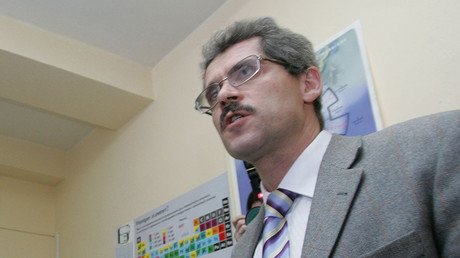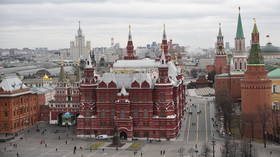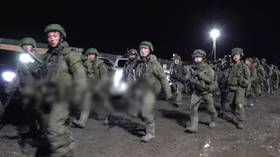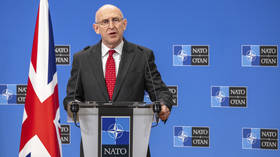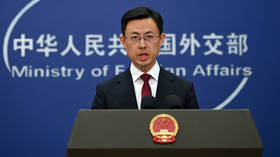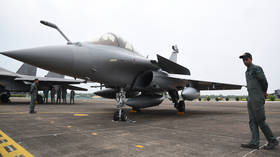‘Rodchenkov's evidence is hearsay with limited probative value’ – CAS
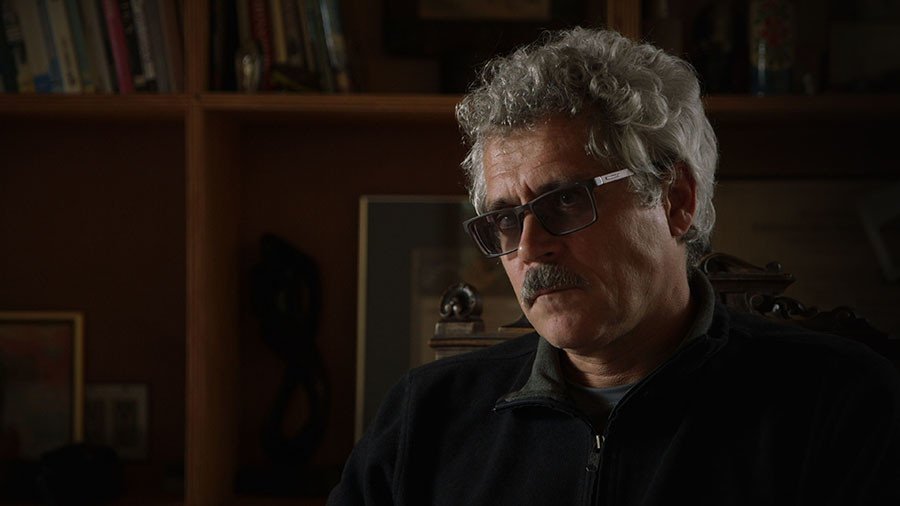
The Court of Arbitration for Sport (CAS) has published two reasoned awards in the matter of 39 Russian athletes accused of doping, describing Grigory Rodchenkov's evidence as “hearsay with limited probative value.”
In a 152-page document CAS detailed the court hearings of the two athletes – skier Alexander Legkov and bobsledder Alexander Zubkov – who had appealed sanctions imposed by the International Olympic Committee (IOC) on the eve of the 2018 PyeongChang Olympic Games.
Following a six-day court procedure CAS ruled to uphold the appeals of 28 Russian athletes, including Legkov, dropping their life bans over alleged doping just several days before the Olympic opening ceremony.
This decision caused an uproar among some IOC members, who called the CAS verdict "a huge disappointment."
On Monday, CAS delivered reasoned awards of the Legkov case providing reasonable explanation to their decision to clear the athlete of all doping charges and reinstate his medals won at the 2014 Sochi Games.
"In the case of Alexander Legkov, the Panel concluded that the IOC had not discharged the burden of establishing that the Athlete used a prohibited method for the purposes of Article 2.2 of the WADC. In particular, the Panel concluded that the probative value of the circumstantial evidence in that case was insufficient to overcome the absence of direct evidence that the Athlete committed an ADRV of use of a prohibited method," CAS said.
The former head of the Moscow anti-doping laboratory, Rodchenkov testified in court via video with his face covered from the appellants, however the jury could not confirm his evidence.
"The Panel considers it significant that Dr. Rodchenkov admitted in his oral testimony that he had never observed any athlete on the Duchess List [list of athletes who allegedly consumed a steroid-laced cocktail designed by Rodchenkov] actually taking the Duchess Cocktail," the document reads.
"This evidence is hearsay and as such its probative value is very limited, particularly insofar as it relates to the Athlete's subsequent actions during the Sochi Games in February 2014.
"In the circumstances, unlike the IOC DC (IOC Disciplinary Committee), the Panel does not consider that the mere fact of the Athlete's presence on the Duchess List is sufficient for the Panel to be comfortably satisfied that the Athlete used a prohibited substance during the Sochi Games," CAS added.
Russian athletes involved in the court hearings that were held in Geneva, Switzerland, from January 22-27 insisted the fugitive doctor was not a reliable witness, as he "provided his testimony to Prof. McLaren in a context where he was facing deportation from the United States to Russia, where he would be likely to face criminal prosecution."
The CAS Panel outlined that Legkov's urine samples from the Sochi Games didn't contain heightened sault levels or mixed DNA.
"Panel notes that there is no direct evidence that the Athlete deliberately restricted the degree of closure of his sample bottles in order to make it easier for the bottles to be forcibly reopened," the document states.
Reviewing the alleged doping probe swapping scheme the panel also emphasized that Rodchenkov's testimony was contradictory and was not backed by any sufficient evidence.
"In respect of Dr. Rodchenkov's statement that he could recall having swapped the Athlete's urine samples on 23 February 2014, the Panel notes that the records in Dr. Rodchenkov's diary for that date do not contain any reference to having swapped the Athlete's sample. Moreover, Dr. Rodchenkov did not provide any particulars in his diary regarding that alleged swapping. Accordingly, Dr. Rodchenkov's statement is a bare assertion which is uncorroborated by any contemporaneous documentary evidence.
"As such, the probative weight of this evidence is limited and the Panel is unable to find based on such evidence that the Athlete committed and ADRV (Anti-Doping Right Violation)."
After inspecting all the evidence brought to the court the panel ruled to uphold Legkov's appeal making him eligible to compete at the international starts.
"Since the Panel is not comfortably satisfied that the Athlete committed an ADRV under Articles 2.2, 2.5 or 2.8 of the WADC it therefore sets aside the findings and sanctions imposed against the Athlete by the IOC DC and all individual results earned by the Athlete upon the occasion of the Sochi Games are reinstated, with all resulting consequences."
